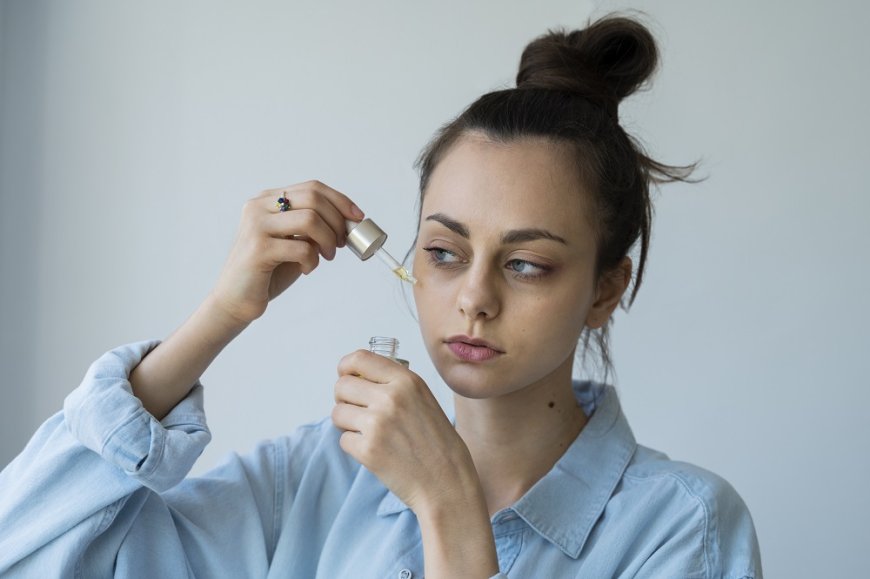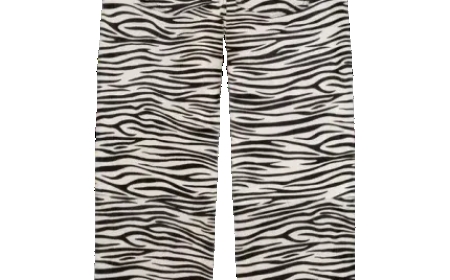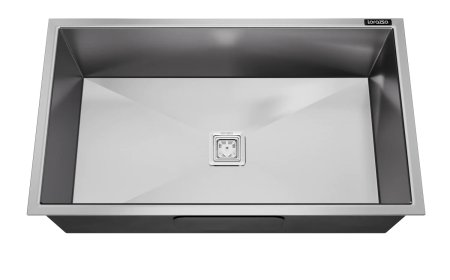Is Phenoxyethanol Safe for Sensitive Skin? Dermatologist Insights
In this article, we explore phenoxyethanol’s role in skincare, break down its potential effects on sensitive skin, and share what dermatologists say about its safety. Whether you're dealing with rosacea, eczema, or simply want to avoid irritation, here’s what you need to know.

If you have sensitive skin, choosing the right skincare products can feel like navigating a minefield. Redness, irritation, burningany new ingredient could trigger a reaction. One preservative that often raises questions in this context is phenoxyethanol. You may have seen it listed in your moisturizer or serum and wondered: Is phenoxyethanol for skin safe, especially for sensitive types?
In this article, we explore phenoxyethanols role in skincare, break down its potential effects on sensitive skin, and share what dermatologists say about its safety. Whether you're dealing with rosacea, eczema, or simply want to avoid irritation, heres what you need to know.
What Is Phenoxyethanol?
Phenoxyethanol is a synthetic preservative commonly used in skincare and cosmetic products to prevent the growth of bacteria, mold, and yeast. As a broad-spectrum antimicrobial agent, it's a key ingredient in formulations that contain wateressential for keeping products safe and stable.
Derived from phenol and ethylene oxide, phenoxyethanol appears as a clear, oily liquid with a faint floral scent. Its typically used in concentrations of 0.5% to 1%, which is considered safe by health authorities around the world.
Why Is Phenoxyethanol Used in Skincare?
Skincare productsespecially water-based ones like creams, lotions, and serumsare prone to contamination from bacteria and fungi. This not only spoils the product but can also pose serious risks to your skin.
Thats where phenoxyethanol comes in. It helps:
-
Extend shelf life
-
Prevent microbial contamination
-
Maintain ingredient stability
-
Minimize the need for harsher preservatives
As a result, phenoxyethanol for skin preservation has become a go-to option in modern skincare, especially in products marketed as paraben-free or clean.
Is Phenoxyethanol Safe for Sensitive Skin?
? General Consensus: Yes, with Some Caveats
According to dermatologists and toxicology reports, phenoxyethanol is safe for sensitive skin when used within approved limits (1% or less). It has a low irritation profile, especially when compared to older preservatives like parabens, formaldehyde-releasing agents, or methylisothiazolinone (MIT), which are known to cause contact dermatitis.
However, as with any skincare ingredient, there is always a possibility of individual sensitivityparticularly for those with:
-
Eczema
-
Rosacea
-
Fragrance allergies
-
Compromised skin barriers
In these cases, even small amounts of phenoxyethanol could potentially lead to irritation, redness, or a mild allergic reaction.
Potential Side Effects in Sensitive Skin
While phenoxyethanol is considered low-risk, people with sensitive skin should still be aware of possible side effects, particularly when overexposed or used in conjunction with other irritants.
1. Mild Irritation
Some users may experience stinging, itching, or drynessespecially on broken or inflamed skin.
2. Contact Dermatitis
Though rare, allergic reactions can occur, resulting in redness, rash, or scaling.
3. Cumulative Effect
Using multiple products that all contain phenoxyethanol may increase sensitivity over time.
4. Not Ideal for Babies
While adults with sensitive skin may tolerate phenoxyethanol well, it's not recommended for infants, particularly in products used around the mouth, due to potential ingestion concerns.
Phenoxyethanol vs Other Preservatives (Sensitive Skin Perspective)
Lets compare phenoxyethanol with some commonly used preservatives, specifically in terms of skin sensitivity:
| Preservative | Irritation Risk | Clean Beauty Approved | Suitable for Sensitive Skin |
|---|---|---|---|
| Phenoxyethanol | Low | Yes | Yes (in most cases) |
| Parabens | Moderate to high | No | Often avoided |
| Formaldehyde releasers | High | No | No |
| Essential oils | High | Sometimes | No (often irritating) |
| Potassium sorbate | Low | Yes | Yes |
As seen above, phenoxyethanol for skin ranks among the safest preservative choices for those with delicate or reactive skin.
How to Use Phenoxyethanol-Containing Products Safely
If you have sensitive skin and are considering using products with phenoxyethanol, follow these dermatologist-recommended best practices:
1. Do a Patch Test
Before using a new product, apply a small amount to the inside of your arm or behind your ear and wait 24 hours.
2. Check Ingredient Lists
Look for phenoxyethanol near the end of the ingredients list, indicating low concentration.
3. Use One Product at a Time
Avoid layering multiple phenoxyethanol-containing products, especially if your skin barrier is compromised.
4. Avoid Using on Broken Skin
Phenoxyethanol is more likely to irritate if applied to cuts, abrasions, or inflamed areas.
5. Choose Products with Additional Soothing Ingredients
Look for formulas that also contain calming agents like aloe vera, ceramides, or niacinamide to offset any potential irritation.
Examples of Sensitive-Skin Friendly Products with Phenoxyethanol
Some popular skincare brands known for catering to sensitive skin use phenoxyethanol in well-balanced formulas, including:
-
La Roche-Posay Toleriane line
-
CeraVe Moisturizing Cream
-
Bioderma Sensibio H2O Micellar Water
-
Paulas Choice Calm Collection
-
Avene Soothing Moisture Mask
These products are often fragrance-free, hypoallergenic, and formulated specifically for sensitive or compromised skin.
Clean Beauty and Sensitive Skin: Is Phenoxyethanol Okay?
Phenoxyethanol may be synthetic, but its considered acceptable by many clean beauty standards due to:
-
Non-paraben nature
-
Low toxicity profile
-
Broad-spectrum effectiveness
-
Non-formaldehyde releasing
Unlike essential oils or "natural" preservatives, which often irritate sensitive skin, phenoxyethanol offers gentler preservation without the risks of microbial growth or spoilage.
Who Should Avoid Phenoxyethanol?
Although rare, certain individuals should be extra cautious or avoid phenoxyethanol:
-
Those with a known allergy to the ingredient
-
People suffering from active eczema flares
-
Infants or young children (especially oral or nipple-related products)
-
Anyone experiencing consistent irritation from multiple productseven if phenoxyethanol is the only common ingredient
If you're unsure, consult a board-certified dermatologist for personalized advice.
Final Verdict: Is Phenoxyethanol Safe for Sensitive Skin?
For the vast majority of peopleincluding those with sensitive skinphenoxyethanol for skin is safe and well-tolerated when used within proper limits. It plays a crucial role in keeping products free from harmful microbes while minimizing the use of more irritating preservatives.
While rare sensitivities can occur, these are generally mild and manageable with smart skincare habits like patch testing and product rotation. When chosen carefully, phenoxyethanol-containing products can be part of a gentle, effective skincare routine for sensitive skin types.









































